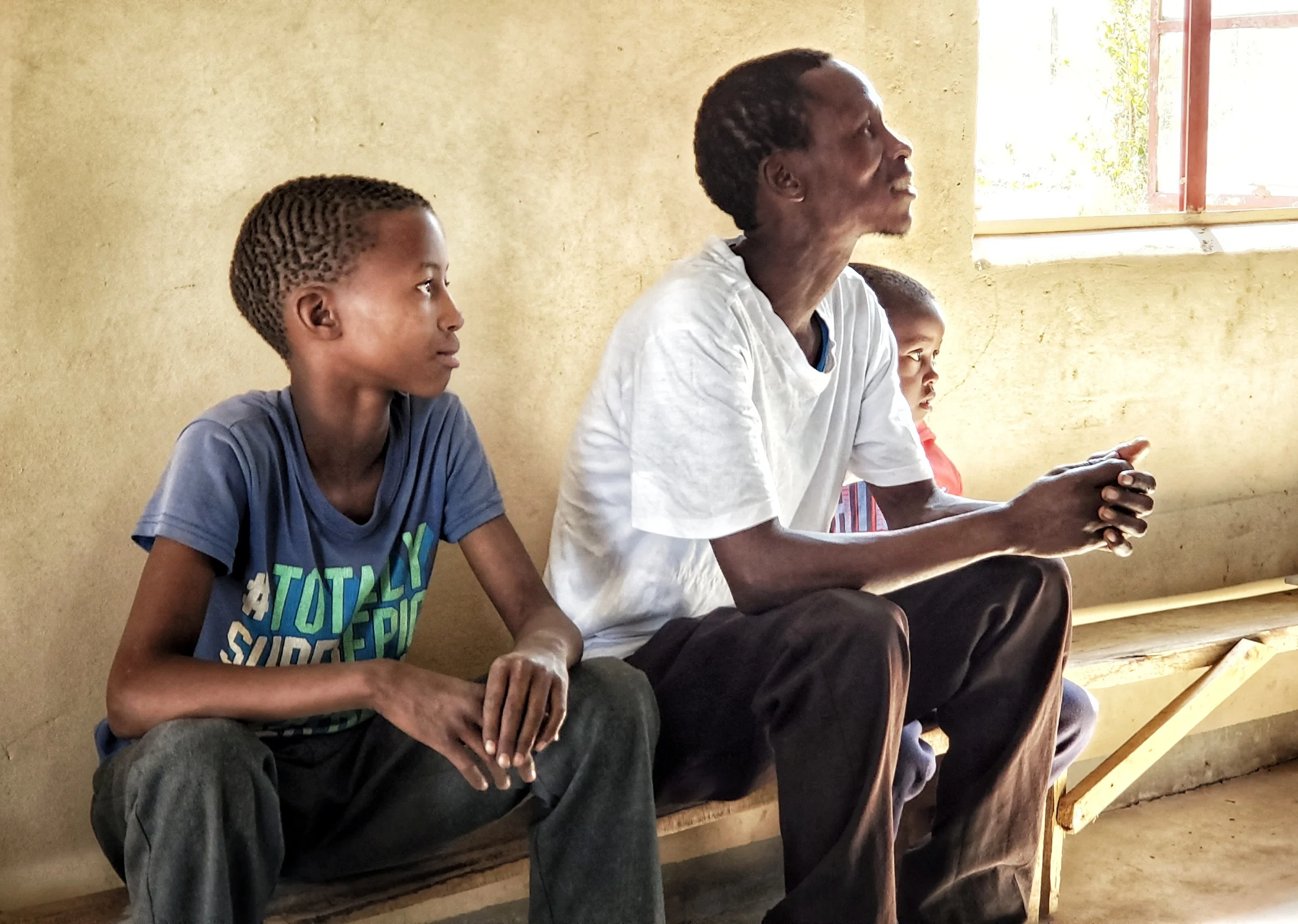A Viral Faith
/I’m sitting on my deck, which Abby and I have been doing a lot of lately, and thinking about the COVID-19 pandemic. Social distancing, voluntary self-quarantines, working from home, on-line worship, closed borders, at-home school, and on and on it goes.
On the one hand, it’s a scary and strange time, especially for those of us in the USA who are generally free from the threat of widespread novel diseases, not to mention even small inconveniences of any kind.
(As a side note, I was talking to my dear Zambian friend, Percy Muleba, a couple of weeks ago when this whole thing was accelerating and, as a two-time tuberculosis survivor, he asked a simple question. “Is it worse than tuberculosis?” In a country with an anemic health care system, and which already deals with tuberculosis, malaria and HIV/AIDS on a daily basis, his question makes perfect sense. Zambians, like most around the world, are already well acquainted with severe medical hardship.)
On the other hand, it’s a time of opportunity, a time to reflect, to reconnect with our families, to evaluate our values and purpose, and even to share our faith. At times like this, people are perhaps more willing to talk about ultimate things.
It’s often been said, “Christianity is better caught than taught.” And throughout history Christianity has indeed spread virally, passing from one personal epicenter to another, multiplying through relationships across familial, racial, ethnic, cultural, and national lines. Today, Christianity is the most widespread, culturally diverse movement in the world, and it's continuing to multiply rapidly, especially across the Developing World.
Who knows, maybe there’s something to be learned from COVID-19, even as we pray and work for its end. Maybe it can remind us that the true and eternal healing we all yearn for also multiplies from one person to another, one relationship at a time.
So during this time of social distancing, let’s be open to the possibility of passing our faith, hope and love in Jesus to just one more person. Maybe it’s time to make that phone call, write that email or schedule that video chat. Who knows, maybe we’ll experience a new pandemic of the life that is truly life?
Even so, come Lord Jesus!
Update: As you might imagine, our May 12th trip to Zambia and Namibia is likely delayed. We’ll keep you posted as things unfold. Meanwhile, please pray for Percy and his family, and for our students who are facing stringent Covid-19 restrictions in the midst of an ongoing severe drought.
Remember when we used to hold hands?










